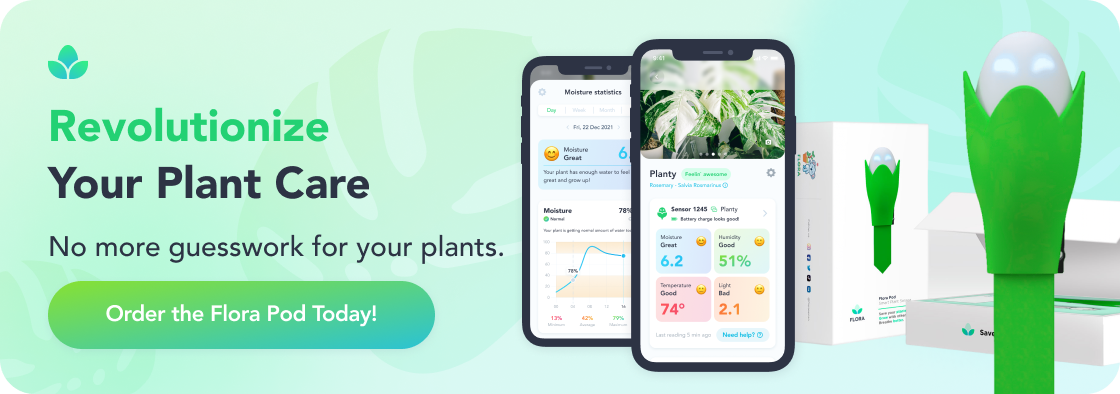Discover Different Hoya Plant Varieties for Your Home

Hoyas, commonly known as wax plants or porcelain flowers, are popular houseplants known for their striking foliage and fragrant, star-shaped flowers. They are beloved for their low maintenance and diverse varieties, making them a great addition to any plant enthusiast's collection. In this comprehensive guide, we will explore various hoya plant varieties, their unique characteristics, and how to care for them.
What are Hoya Plants?
Hoyas belong to the genus Hoya in the Apocynaceae family, comprising over 500 species. They are native to tropical and subtropical regions of Asia and Australia. Hoyas are known for their thick, waxy leaves and clusters of star-shaped flowers that often have a sweet fragrance.
Popular Hoya Plant Varieties
1. Hoya Carnosa
Description: Hoya Carnosa, also known as the wax plant, features thick, green leaves that can be smooth or wrinkled, with long-lasting, sweet-smelling star-shaped flowers. This variety is highly adaptable and can be grown in hanging baskets or trained to climb.
Care
Light: Prefers bright, indirect light but can tolerate moderate light levels.
Soil: Requires well-draining soil, such as a cactus or succulent mix.
Watering: Water moderately, allowing the soil to dry out between waterings. Avoid overwatering to prevent root rot.
2. Hoya Australis

Description: Hoya Australis, commonly known as waxvine or waxflower, has long climbing stems and broad, glossy leaves. The flowers are white with red accents and emit a strong, spicy fragrance.
Care
Light: Thrives in bright, indirect sunlight. Leaves may turn a golden hue in brighter conditions.
Soil: Needs well-draining soil. A mix of orchid bark and perlite is ideal.
Watering: Water when the top inch of soil is dry, ensuring good drainage to prevent waterlogging.
3. Hoya Kerrii

Description: Known as the sweetheart hoya for its heart-shaped leaves, Hoya Kerrii is a charming, slow-growing plant. It is often sold as a single leaf cutting in a pot.
Care
Light: Requires bright, indirect light. Avoid direct sunlight to prevent leaf burn.
Soil: Prefers well-draining soil. A cactus or succulent mix works well.
Watering: Infrequent watering is best. Let the soil dry out completely between waterings.
4. Hoya Pubicalyx

Description: Hoya Pubicalyx features elongated, speckled leaves and clusters of pinkish-red flowers with a strong fragrance. It is a fast-growing variety and very popular among hoya enthusiasts.
Care
Light: Prefers bright, indirect light but can adapt to lower light conditions.
Soil: Needs well-draining soil. An orchid mix with added perlite is suitable.
Watering: Water when the top inch of soil is dry. Avoid overwatering.
5. Hoya Obovata
Description: Hoya Obovata has large, round leaves with a slightly wavy edge and produces clusters of pink flowers. This variety is known for its thick, waxy leaves and bushy growth habit.
Care
Light: Requires bright, indirect light for optimal growth.
Soil: Prefers well-draining soil. A mix of orchid bark, perlite, and peat moss is ideal.
Watering: Water moderately, ensuring the soil dries out between waterings.
6. Hoya Lacunosa (Cinnamon Hoya)
Description: Hoya Lacunosa, also known as Cinnamon Hoya, is prized for its fragrant, cinnamon-scented flowers and tiny, fuzzy leaves. This variety is perfect for low-maintenance gardening.
Care
Light: Prefers bright, indirect light but can tolerate lower light levels.
Soil: Requires a very airy mix. A combination of potting soil and perlite works well.
Watering: Keep the soil slightly moist but not waterlogged.
7. Hoya Retusa
Description: Hoya Retusa is a unique variety with slim, flat, stick-like foliage. Its small, white flowers with maroon centers are charming but require specific conditions to bloom.
Care
Light: Prefers bright, indirect light.
Soil: Needs well-draining soil. A mix of cactus soil and perlite is ideal.
Watering: Allow the soil to dry out completely between waterings.
8. Hoya Wayetii
Description: Hoya Wayetii has elegant, dark foliage with attractive plum-colored flowers. It thrives in higher humidity and makes a beautiful hanging basket plant.
Care
Light: Prefers bright, indirect light.
Soil: Needs well-draining soil. A combination of potting soil and orchid bark is suitable.
Watering: Water moderately, allowing the soil to dry out between waterings.
9. Hoya Kentiana
Description: Hoya Kentiana, also known as Narrowleaf Hoya, features long, narrow leaves with dark green edges. It produces maroon flowers with yellow centers that have a butterscotch scent.
Care
Light: Thrives in bright light or some direct sunlight.
Soil: Requires well-draining soil. A mix of potting soil, sand, and perlite works well.
Watering: Water thoroughly when the soil is dry, but avoid overwatering.
10. Hoya Bella (Hoya Lanceolata Spp. Bella)
Description: Hoya Bella, or Hoya Lanceolata Spp. Bella, has pointed elliptical leaves and produces star-shaped, white flowers with red or pink centers. It is an epiphyte that thrives in a barky substrate.
Care
Light: Prefers bright, indirect light.
Soil: Needs a light, barky substrate. Avoid letting the soil dry out completely.
Watering: Keep the soil slightly moist, especially during the growing season.
Fern's Leafy Learnings
Diverse Varieties: Hoyas come in various shapes and sizes, each with unique leaf patterns and flower colors.
Care Requirements: They thrive in bright, indirect light and need well-draining soil.
Watering: Allow the top inch of soil to dry out between waterings to prevent root rot.
Humidity: Hoyas prefer high humidity but can adapt to average home conditions.
Pruning: Regular pruning helps maintain plant health and encourages blooming.
Deepen Your Roots with Flora
At Flora, we not only bring you a vibrant selection of locally sourced, rare, and delightful plants, but we also serve as your continuous guide in your plant parenting voyage, ensuring every leaf in your sanctuary thrives. With our Flora Pod™ technology and a nurturing community of over 250,000 plant lovers, we cultivate a space where every plant parent - novice or expert - can blossom.
We propagate with a commitment to sustainability, connection, and ceaseless growth, fostering a community where each member, and their plants, are cherished and nurtured.
Crave a lush, thriving green space? Adopt a plant from Flora today!
Flora Pod™ is featured on Shark Tank!

5 Signs Your Houseplant Needs Repotting Now
Mar 02, 2026
6 Anthurium Benefits You Didn't Know About
Mar 02, 2026

How to Prune Your Houseplants Before Spring Growth Season
Mar 02, 2026

10 Best Houseplants for Spring Repotting Success
Mar 02, 2026

Can ZZ Plants Survive in Low Light Conditions?
Mar 02, 2026

5 Critical Pre-Spring Pruning Tips for Houseplants
Mar 02, 2026

Can Succulents Survive Winter Outdoors in Your Climate Zone?
Mar 02, 2026

Which Houseplants Are Toxic to Cats and Should You Avoid Them?
Mar 02, 2026




